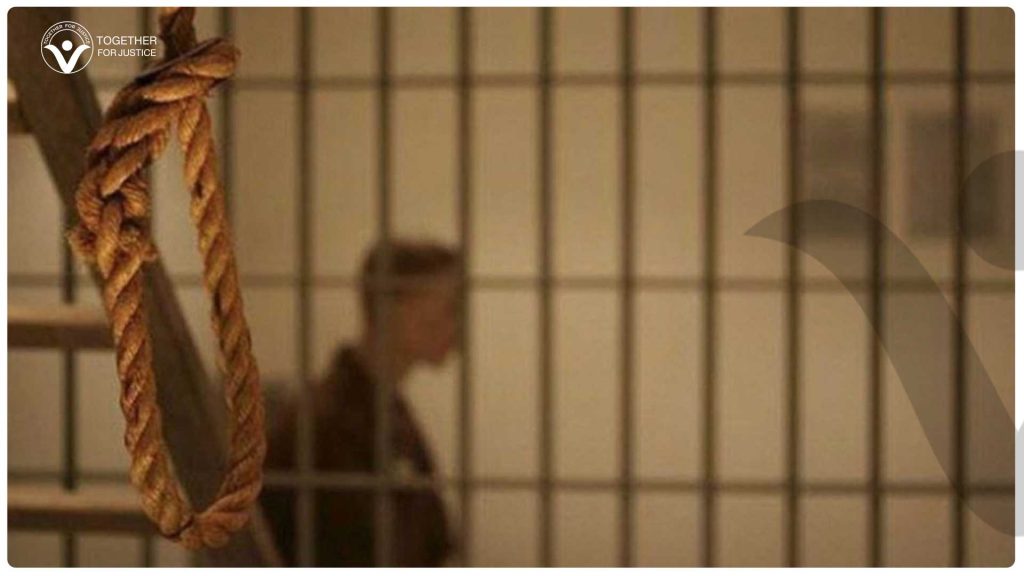Saudi Arabia has entered one of the deadliest phases of its modern history, with a dramatic escalation in executions that reveals the regime’s growing reliance on capital punishment as a political weapon. Since the beginning of 2025, Saudi authorities have executed more than 283 people—mostly on charges of “terrorism,” “treason,” or “national security” offenses—many of which lack credible evidence or due process. Human rights organizations warn that this year could surpass 2024, which witnessed 345 executions, making it the bloodiest year in the kingdom in decades.
Among those executed in recent months are individuals targeted for political or expressive activity, including journalist and blogger Turki Al-Jasser, who was executed in June for his peaceful criticism of government policies, and Jalal Labbad, a Shia citizen executed in August for participating in protests in 2011 when he was only 15 years old. His conviction was based on confessions extracted under torture, including electric shocks, beatings, and waterboarding.
Perhaps one of the most alarming cases is that of Abdullah Al-Shamri, a former diplomat and senior adviser at the Ministry of Culture and Media, who was executed in February 2024 alongside six others on vague charges of “terrorism and treason.” Al-Shamri had worked within the Saudi establishment for years and maintained close ties with senior officials, including Crown Prince Mohammed bin Salman himself. His execution highlights the regime’s expanding paranoia, in which even perceived loyalty offers no protection from arbitrary punishment.
Legal experts and Saudi human rights defenders point to the misuse of taʿzir verdicts—discretionary rulings for offenses not explicitly defined under Sharia—as one of the key tools enabling this surge in executions. These rulings are predominantly issued by the Specialized Criminal Court (SCC), a tribunal originally established to handle terrorism cases but now routinely used to prosecute activists, journalists, and reform advocates. Amnesty International and other organizations have accused the Saudi authorities of using the SCC to create “a false aura of legality” around the systematic suppression of dissent under the guise of counter-terrorism.
The regime’s own record exposes this hypocrisy. In 2022, Crown Prince Mohammed bin Salman publicly pledged to limit the death penalty to crimes mandated under Islamic law. Yet, since then, taʿzir sentences have been applied in an ever-expanding range of cases, including against minors and political detainees. The European Saudi Organisation for Human Rights (ESOHR) has documented that 40 percent of executions in 2024 were based on taʿzir verdicts, in clear contradiction to international standards and even the kingdom’s declared judicial reforms.
Disproportionate targeting of the Shia minority continues to characterize Saudi Arabia’s use of capital punishment. Although Shias constitute an estimated 12–15 percent of the population, ESOHR data show they account for 43 percent of politically motivated executions since King Salman assumed power. The same patterns of repression extend to members of the Huwaitat tribe, punished for resisting forced displacement linked to the construction of the NEOM megaproject, as well as to foreign nationals tried without fair representation or access to legal counsel.
Saudi courts have also reinstated executions for drug-related offenses after a brief moratorium that lasted 33 months. Since lifting it in November 2022, the authorities have executed more than 260 people for non-violent drug charges—many of them foreign workers from impoverished countries who are denied consular assistance and adequate legal defense.
According to Saudi and international experts, this surge reflects a deliberate strategy by Crown Prince Mohammed bin Salman to consolidate control by weaponizing the judiciary. Following international outrage over the 2018 murder of journalist Jamal Khashoggi, the regime has shifted from extrajudicial killings to state-sanctioned executions through the courts—an attempt to maintain repression under a façade of legality. The SCC, in particular, has become the central mechanism through which the government legitimizes political persecution and silences peaceful critics.
These executions unfold against the backdrop of massive entertainment and sports investments intended to distract global attention and normalize engagement with the Saudi regime. Even as the government carries out death sentences against political prisoners, it hosts multimillion-dollar events and promotes “Vision 2030” as a project of progress and reform. In reality, these spectacles serve as a cover for systemic repression and the erasure of dissent.
Together for Justice strongly condemns the ongoing wave of executions in Saudi Arabia and holds the regime fully accountable for its systematic misuse of the death penalty as a tool of political control. The organization calls on the United Nations, the European Union, and the Office of the High Commissioner for Human Rights (OHCHR) to take urgent action to halt all ongoing and imminent executions, and to establish an independent international inquiry into the functioning of Saudi Arabia’s judicial system and the role of the Specialized Criminal Court in human rights violations.
Together for Justice further urges all states and international institutions to suspend cooperation with Saudi judicial and security bodies until transparent legal reforms are implemented and guarantees of fair trials are ensured. Silence in the face of these abuses constitutes complicity in state violence and undermines the global human rights framework. Immediate, coordinated international pressure is essential to protect those at risk and to end the Saudi regime’s exploitation of justice as an instrument of fear and control.

